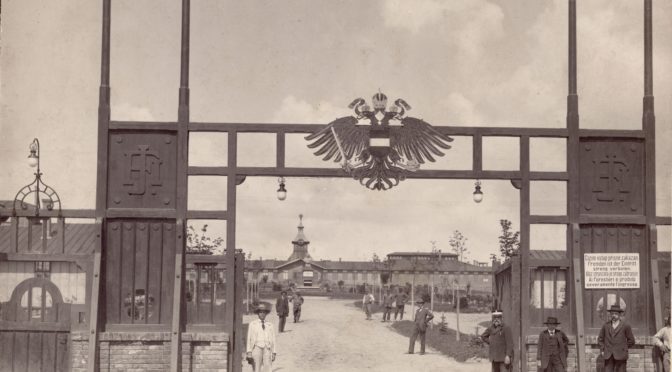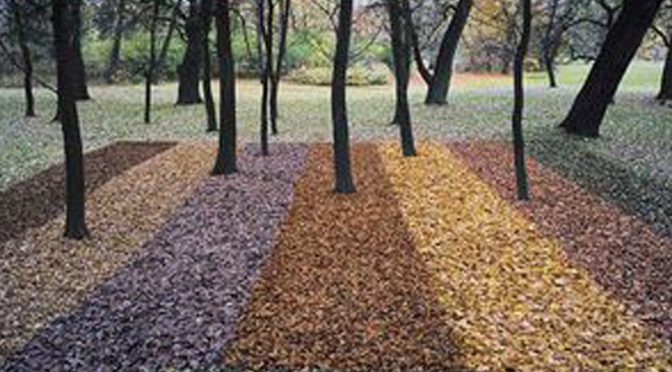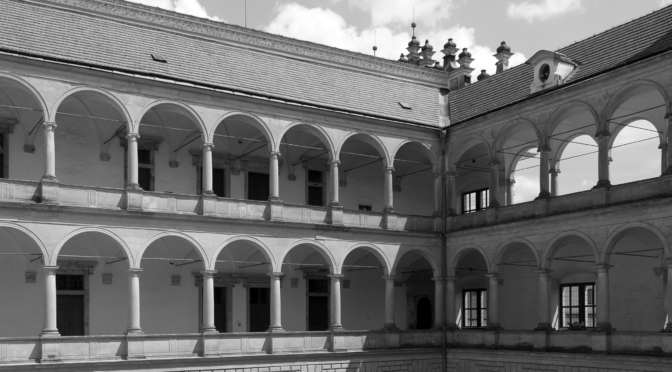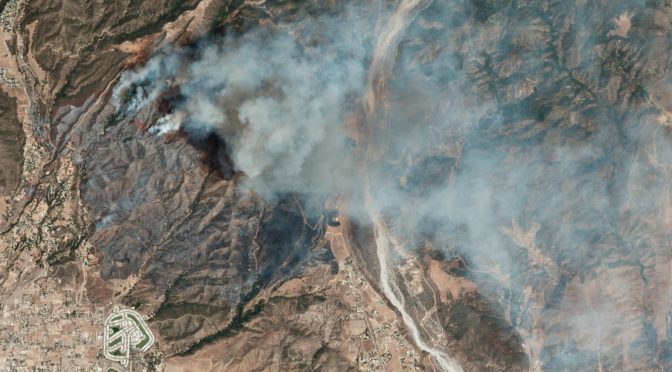Renaissance Principles and Their Early Modern Receptions:
European Currents and Local Appropriations
A Workshop organized by the Institute of Art History of the Czech Academy of Sciences (IAH CAS, Prague), within the program Strategie AV 21 of the Czech Academy of Sciences, and CEFRES (Prague) with the support of the École pratique des hautes études (EPHE – PSL, Paris), Julius-Maximilians-Universität (Würzburg), Bayrisch-Tschechische Hochschulagentur (Regensburg), Politecnico di Torino, Universidad de Jaén, Charles University (Prague), National Gallery Prague.
Date: June 11-12, 2024
Locations: CEFRES, Na Florenci 3, June 11, 2024, Institute of Art History, Husova 4, June 12, 2024, National Gallery, Prague, Waldstein Riding School; Prague Castle
Language: English
Tuesday, June 11 (at CEFRES)
9.30 – 9.45 – Introduction
- Claire Madl (CEFRES Prague)
- Sabine Frommel (EPHE – PSL, Paris)
- Eckhard Leuschner (Julius-Maximilians-Universität Würzburg)
- Taťána Petrasová (IAH CAS, Prague)
9.45 – 11.45 – 1st panel
- Chair: Sabine Frommel (EPHE – PSL, Paris)
- Miguel Ángel Carrasco Sánchez (University of Jaén), The Benavides Family as Promoters of Renaissance Architectural Language in the Old Kingdom of Jaén
- Gabriel Pereira (University of Coimbra), The Different Stages of Renaissance Architecture: João de Castilho’s Work in Tomar
- Jakub Kříž (Masaryk University, Brno), The Renaissance Portal of the Olomouc Town Hall and the Problem of the Antique Mode in Moravia in the 1530s
- Pablo Ferri (EPHE – PSL, Paris), Medicean Villas in the Annunciation During the Italian Renaissance
11.45 – 12.00 – Coffee break
12.00 – 13.30 – 2rd panel
- Chair: Valentina Burgassi
- Felix Schmieder (PALAMUSTO, University of Warsaw), Living Between Cultures: Renaissance Residences of Catherine Jagiellon in Poland and Sweden
- Lucía Pérez (EPHE – PSL, Paris), Diego Siloé and His Contemporaries: Some Thoughts on Funeral Chapels
- Mariia Ovsianikova (EPHE – PSL, Paris), The Imaginary Temple: Constructing the Identity of the Christian Temple in Italian Painting of the 15th–16th centuries
13.30 – 14.30 – Lunch break
14.30 – 16.00 – 3nd panel
- Chair: Eckhard Leuschner (Julius-Maximilians-Universität, Würzburg)
- Clara Léoni (EPHE – PSL, Paris), The Hanged Man: A Visual and Discourse Exploration of Capital Punishment
- Christina Hablik (Julius-Maximilians-Universität, Würzburg), Transfer and Transformation of Pictorial Ideas: the Likeness of Julius II as a Means of Propaganda in the Conflict Between the Papacy and France (1510–1513)
- Annemarie Graf (Julius-Maxmilians-Universität, Würzburg), The Prints of Previous Centuries: Collecting Renaissance Prints in the Second Half of the 17th Century
16.00 – 16.15 – Coffee break
16:15 – 18.15 – 4th panel
- Chair: Taťána Petrasová (IAH CAS, Prague)
- Corinna Gannon (Städel Museum, Frankfurt am Main), Material Hybridity of Rudolfine Kunstkammer Objects and the Notion of Universality
- Tadeáš Kadlec (Charles University – IAH CAS, Prague), Count Michna’s Palace in Prague: Its Origins and Meanings
- Robert Seegert (Julius-Maxmilians-Universität, Würzburg), Renaissance Paintings Collected by High-Ranking Clerics in Southern Germany during the 18th Century: The Example of the Würzburg Prince-Bishops
- Adéla Bricínová (Charles University, Prague and EPHE – PSL, Paris). Projects for the Reconstruction of the Castle Bečov nad Teplou: Castles in the sky of Duke Alfred Beaufort-Spontin
18.15 – 18.30 – Closing remarks
Wednesday, June 12
9.30 – 10.15 – Institute of Art History, Czech Academy of Sciences, collection of historical photography of Renaissance architecture, with its curator Petra Trnková, IAH CAS
10.30 – 12:00 – At CEFRES, 5th panel
- Chair: Pedro Antonio Galera Andreu
- Tomáš Murár (IAH CAS, Prague), Weltgeist or Weltanschauung? Search for the Meaning of Italian Renaissance in the Late 19th Century Art History
- Lorenzo Fecchio (Politecnico di Torino), The Anglo-American Rediscovery of Italian Renaissance Gardens
- Valeria Sedlerjonok (The Giorgio Cini Foundation, Venice), The Art of Reception: Venetian Renaissance Painting as Seen in Early 19th Century Venice
12:00 – 13:30 – Lunch break
13:45 – 15:00 – Exhibition From Michelangelo to Callot. The Art of Mannerist Printmaking, Waldstein Riding School, Malá Strana, metro Malostranská stop; guided tour with the main curator Alena Volrábová, National Gallery Prague and co-author Sylva Dobalová (IAH CAS).
15:30 – 18:00 – Prague Castle, Summer House Belvedere, Ballroom and the context of Emperor’s gardens, with Richard Biegel (Charles University, Prague), Sylva Dobalová (IAH CAS).
18:00 – 18:15 – Closing remarks
You can download the program here.




